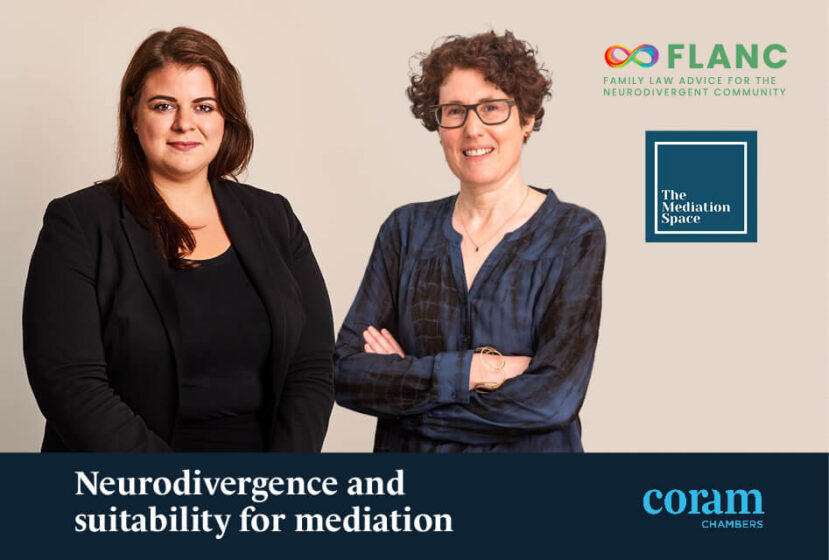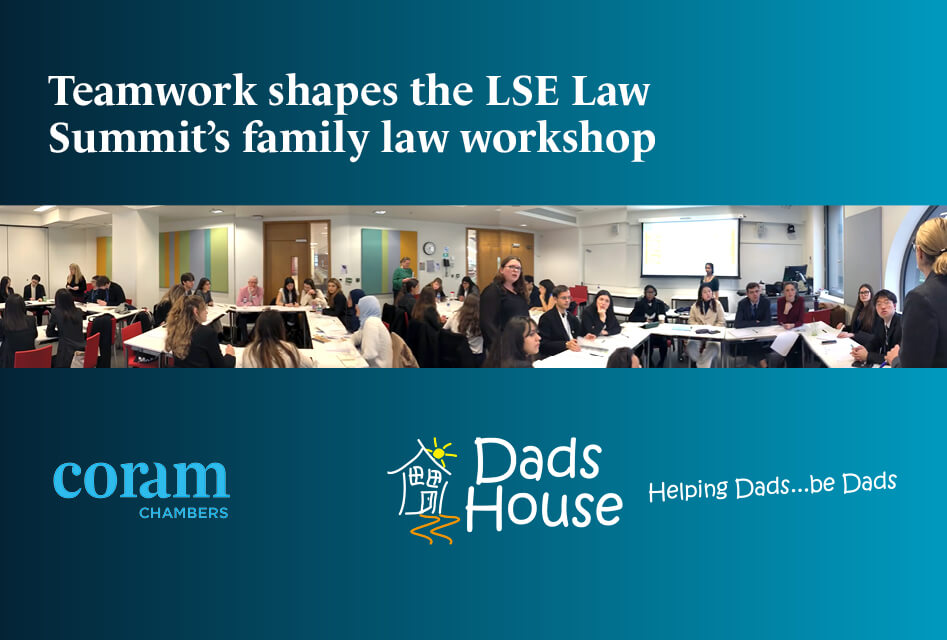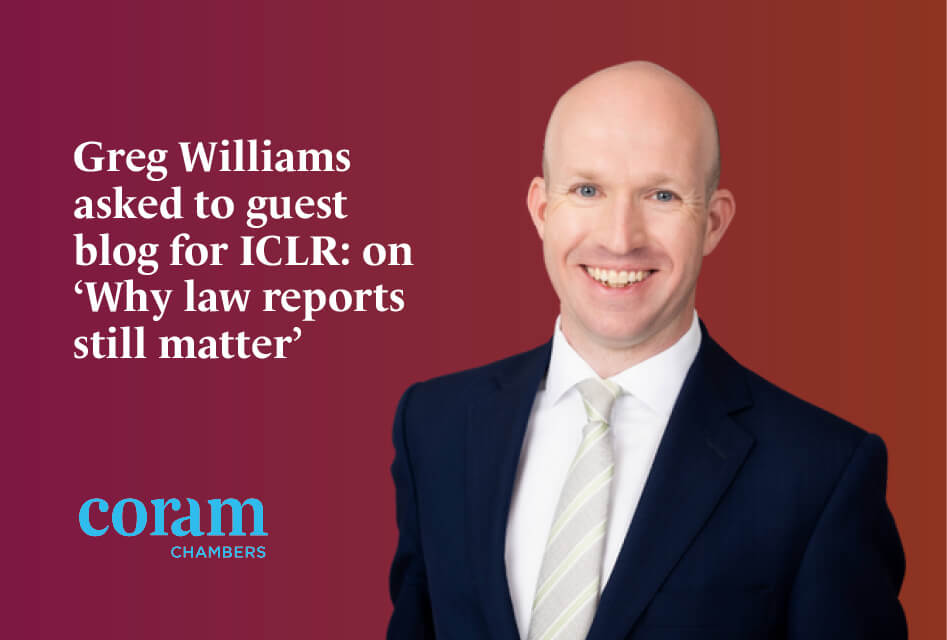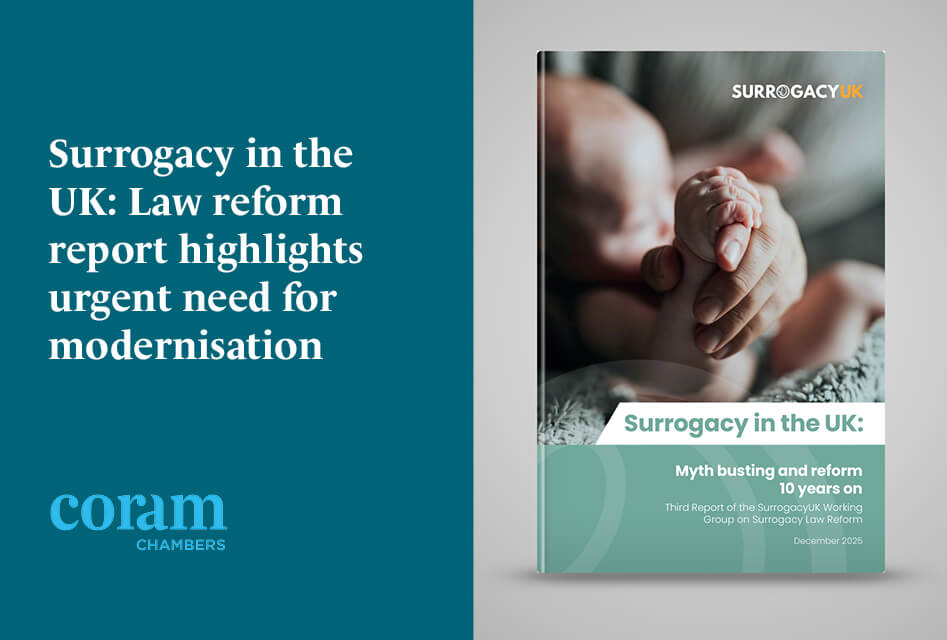
Caroline Croft, barrister at Coram Chambers and a founding member of FLANC, has recently co-authored an article with Naomi Goode, a Psychoanalytic Psychotherapist in private practice and with The Mediation Space, which has been published in the July edition of Family Law.
The article delves into the critical importance of mediation as an alternative to court proceedings, its potential advantages for neurodivergent clients, and the importance of recognising and responding to the needs of neurodivergent clients.
In a landscape where neurodivergence is more prevalent among clients than has often been thought, Caroline and Naomi explore how mediators can effectively assess suitability for mediation where there is confirmed or suspected neurodivergence and the steps that can be taken to create a neuro-inclusive mediation process. The article also provides an introduction to neurodivergence as well as addressing some common misconceptions and signposting professionals to useful tools and guidance including the Dispute Resolution Toolkit which was formulated by FLANC and Family Law in Partnership.
Jacqueline Marks, a barrister at Coram Chambers and a founding partner of the Mediation Space, played a pivotal role in fostering this collaboration between FLANC and the Mediation Space. This collaboration follows the event Coram hosted in partnership with the Mediation Space earlier this year, which explored mediation, neurodivergence, and psychotherapy.
Caroline and Naomi’s article is just one example of the multi-disciplinary approaches taken by FLANC and The Mediation Space. You can read the article here.


